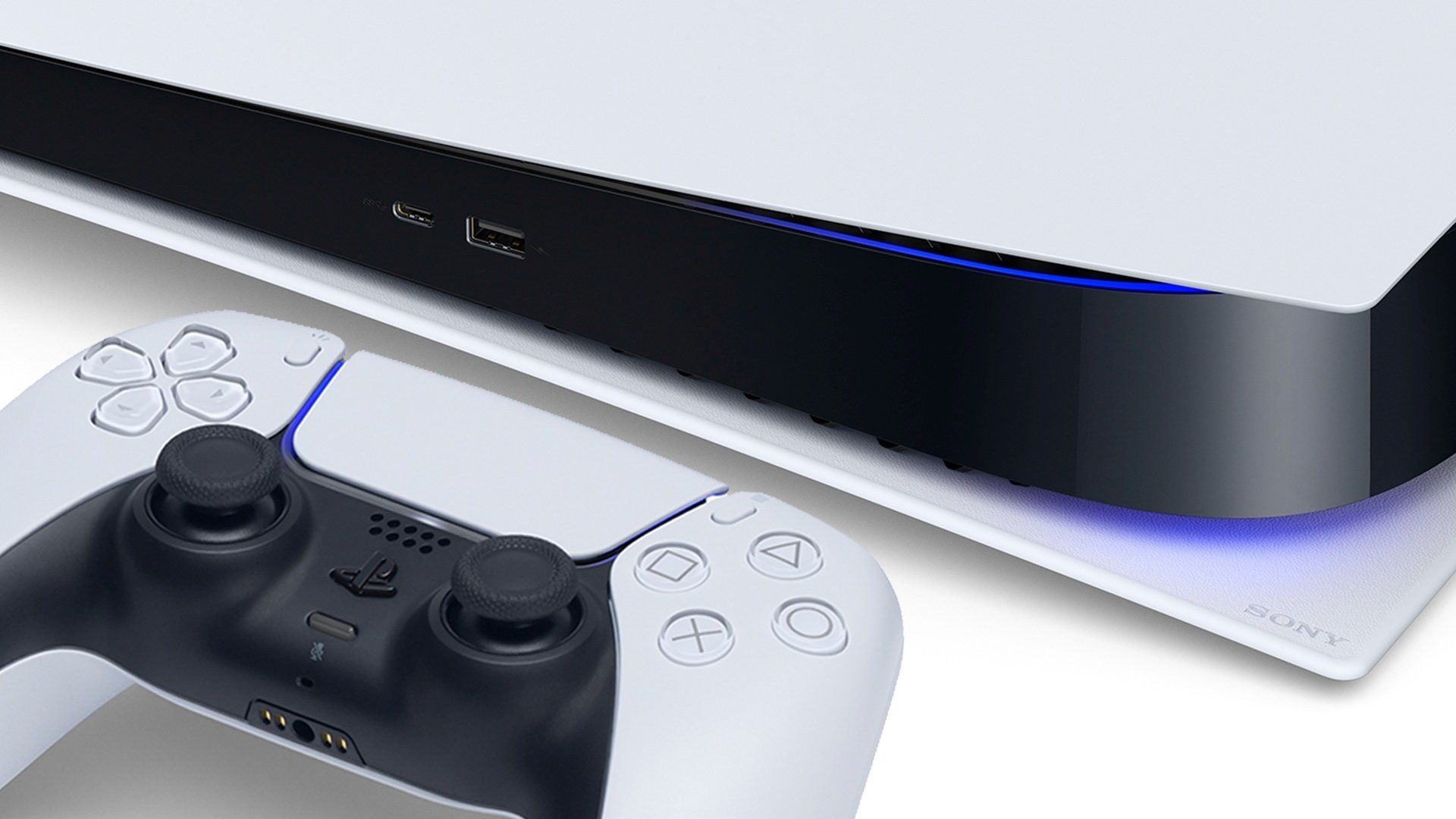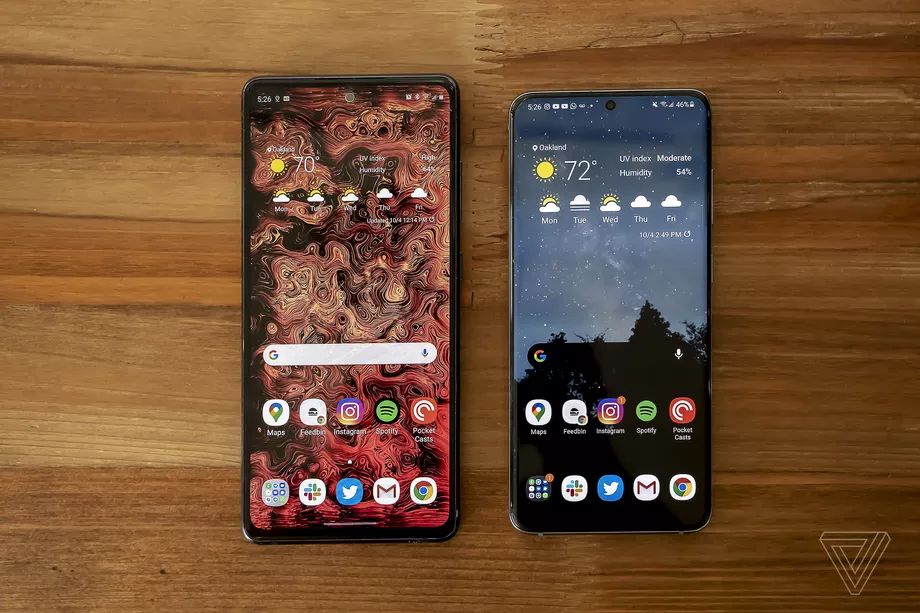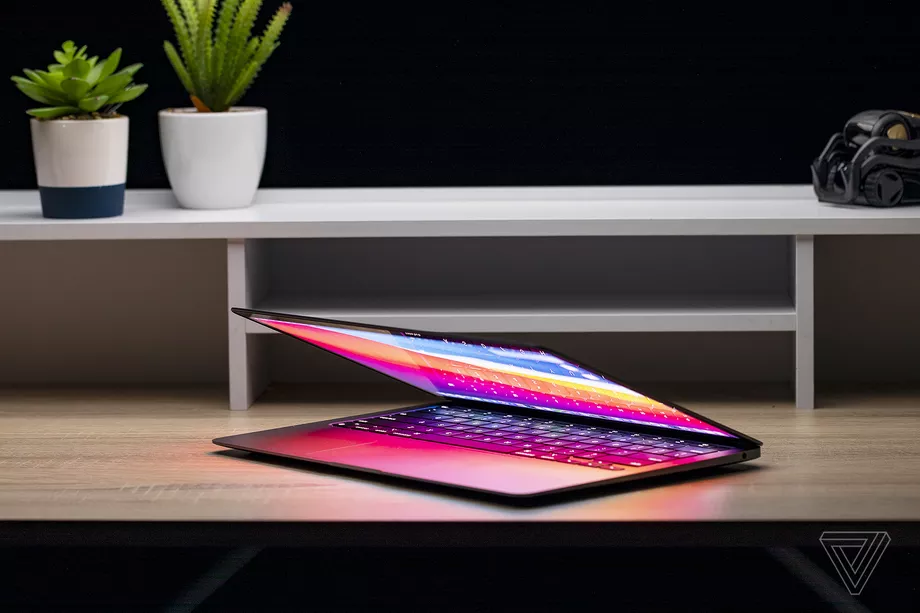
Internet of Things
The iPhone 12 Pro received a design refresh and is now edgier than before. The new design language is reminiscent of the iPhone 4 and 5 models of yore. Apple’s smartphone is one of the first devices to be equipped with an SoC manufactured in a 5 nm process, Apple’s A14 Bionic. The triple-camera system now features an additional LiDAR sensor, and MagSafe supports attaching compatible cases and chargers magnetically. Generally speaking, Apple put in quite some fine-tuning efforts into this device.
But the biggest problem is simply the amount of screen area to see things. Trying to review some documents on the 12 mini was a painful mess of zooming, scrolling and eventually giving up to go a bigger device. Watching video was also a bit tedious, meaning I would start but not actually watch an episode all the way through – not something I have experienced with modern 6in-plus smartphones.
In addition to the 12 Pro Apple also released a new 12 Pro Max with not just a larger display and a larger battery but for the first time also an improved camera array over the 12 Pro. In return, the practically identically sized iPhone 12 is equipped with less storage, a worse camera, and smaller battery but is also significantly cheaper with prices starting at just $799. For the first time ever, Apple is also selling an iPhone mini with a particularly compact design starting at just $699. Find out what other details Apple improved over the last generation and how the iPhone performs against its Android competition in our review.
One of the compromises of the small size is battery life. The phone lasts a solid 37 hours between charges but with the screen on for only four hours in that time, compared with the 40 hours between charges with well over six hours of screen-on time for the normal-sized iPhone 12. That still means the iPhone 12 mini will make it from the morning of day one until the evening of day two, spending two hours on 5G in that time, watching an hour of video, shooting 10 photos and playing five hours of Spotify via Bluetooth headphones. Shooting video or playing a graphically intensive game will significantly reduce that time. It takes 25 minutes to charge the battery to 50% but about 100 minutes for a full charge using a £19 Apple 20W USB-C charger – no power adapter is included in the box, only a USB-C to Lightning cable. Fully charging using Apple’s new MagSafe wireless charger takes more than three hours connected to the same 20W USB-C charger.

Apple does not provide an expected lifespan for the iPhone 12 mini’s battery but it can be replaced for £69, while iOS also has a battery optimisation feature that prolongs its lifespan by stopping the battery sitting at 100% charge for a prolonged period. The smartphone is generally repairable with an out-of-warranty service costing £376.44, which includes the screen. It was awarded six out of 10 for repairability by the specialist iFixit. The iPhone 12 mini uses 100% recycled tin in the solder of its main board, 99% recycled tungsten, 98% recycled rare earth elements and at least 35% recycled plastic in multiple other components. Apple is also using renewable energy for the final assembly of the machine and breaks down the phone’s environmental impact in its report. Apple also offers trade-in and free recycling schemes, including for non-Apple products. The iPhone 12 mini does not ship with headphones or a power adaptor, only a USB-C to Lightning cable, reducing its carbon footprint.

The iPhone 12 mini ships with iOS 14.2, which runs on all Apple’s smartphones from the iPhone 6S from 2015 and newer. It operates exactly the same as the iPhone 12 including widgets on the home screen, the App Library, new privacy tools and the Apple Translate app.

The iPhone 12 mini has the same dual 12-megapixel camera on the rear and a 12-megapixel selfie camera on the front similar as the iPhone 12 and it performs exactly the same. Briefly, the main wide camera captures some excellent photos with improved detail and low-light performance over last year’s models. The ultrawide camera is also good and fun to use but the lack of a telephoto camera for optical zoom is disappointing. Night mode can also be used on all the cameras. Video capture is top-notch, including the addition of Dolby Vision HDR recording in 4K, if you fancy shooting something more than home movies.
Pros: small and easy to hold, improved camera, night mode, water-resistant, wireless charging, MagSafe, Face ID, solid battery life, great performance, great screen, more durable, 5G, long software support.
Cons: no USB-C, need your own charger, no telephoto camera, base model only 64GB storage, screen may be too small for many.










Comments (0)
Leave a comment